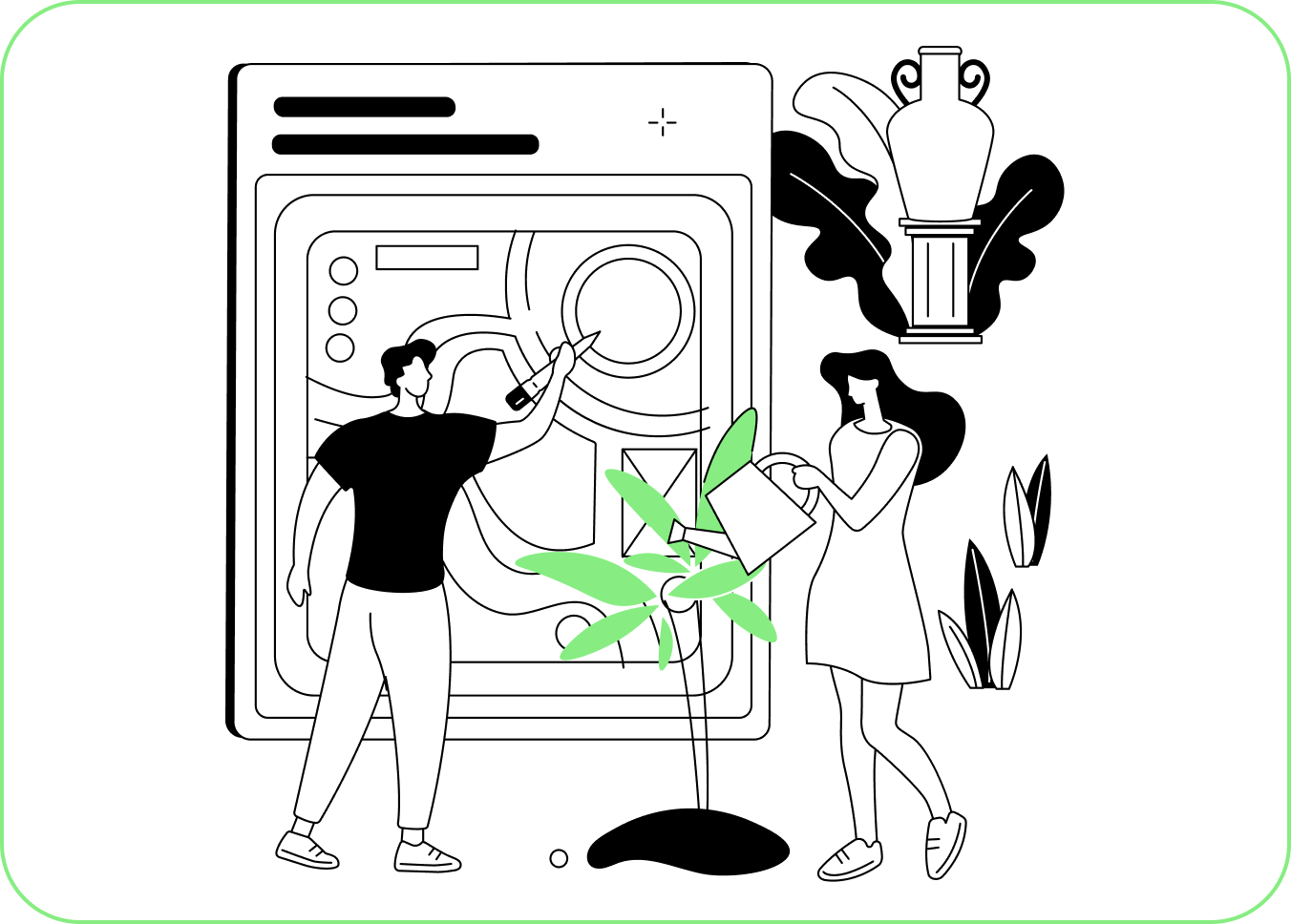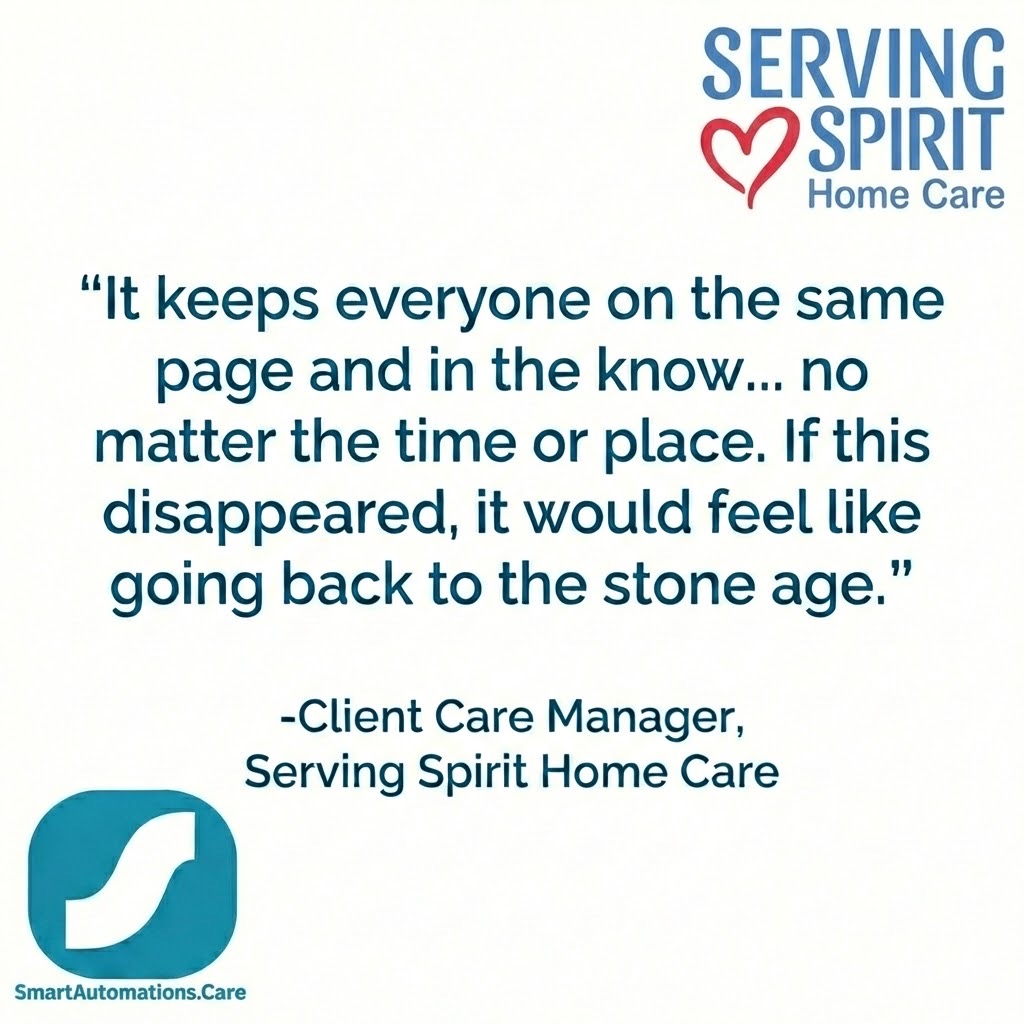In the home care industry, phone calls are the backbone of daily operations. Most agencies focus on tracking intake calls, call offs, and emergencies since these directly impact client care and staffing. However, there are other call types that often go untracked. Failing to track these can cause your agency to miss key insights that could improve efficiency, reduce errors, and increase satisfaction among clients and caregivers.
Here are three important call types you should consistently track but might be overlooking:
1. Billing and Payroll Questions
Calls related to billing and payroll might seem routine or administrative, but they reveal a lot about how your agency communicates critical information. These calls often indicate confusion or frustration from clients or caregivers regarding invoices, payment deadlines, or payroll timing.
Tracking these calls allows you to identify common pain points. For example, if many clients call about unclear billing statements, it may be time to simplify your invoices or provide clearer explanations. Similarly, a spike in payroll inquiries might suggest the need for better training on timekeeping processes or clearer pay schedules.
By analyzing this data, you can proactively address issues before they escalate, reduce the number of repeat calls, and build stronger trust with both clients and staff.
2. Schedule Change Calls
Schedule changes are a fact of life in home care but can create significant operational challenges when not managed carefully. Last-minute cancellations or frequent schedule adjustments not only disrupt client care but also strain your staffing and administrative resources.
Monitoring schedule change calls helps your agency spot patterns that might otherwise go unnoticed. Perhaps certain shifts consistently experience cancellations, or particular caregivers request frequent changes. This insight lets you adjust staffing plans, offer targeted support to caregivers, or implement policies to reduce last-minute changes.
Keeping close tabs on these calls ensures you can maintain continuity of care for clients and reduce stress on your scheduling team.
3. Clock In and Clock Out Calls
While these calls may seem purely administrative, they are critical to payroll and understanding caregiver availability. High volumes of calls about clocking in or out often point to issues with your time-tracking systems or mobile app usability.
For example, caregivers might be calling because they’re unsure how to use the app, experiencing technical glitches, or needing support after working overtime. Tracking these calls helps you identify training needs and technology gaps, which can reduce errors and improve caregiver satisfaction.
It also highlights caregivers who consistently stay late or work extra hours, valuable data for recognizing dedication and planning payroll accordingly.
Why Tracking These Calls Matters
Overlooking these call types means missing out on actionable insights that impact your agency’s reputation, operational efficiency, and financial health. When you track and analyze a wide range of call data, you gain a comprehensive view of your agency’s challenges and opportunities.
This information helps you improve staff training, refine communication strategies, optimize scheduling, and ultimately enhance the quality of care your agency provides.
Taking the Next Step
If tracking and managing this data feels overwhelming, automation can make a significant difference. At SmartAutomations.Care, we specialize in automating call documentation. Our solutions save your team time, reduce errors, and deliver clear insights that help you make smarter decisions.
Contact us today to learn how automation can help your agency work smarter, improve caregiver satisfaction, and deliver better client care.




